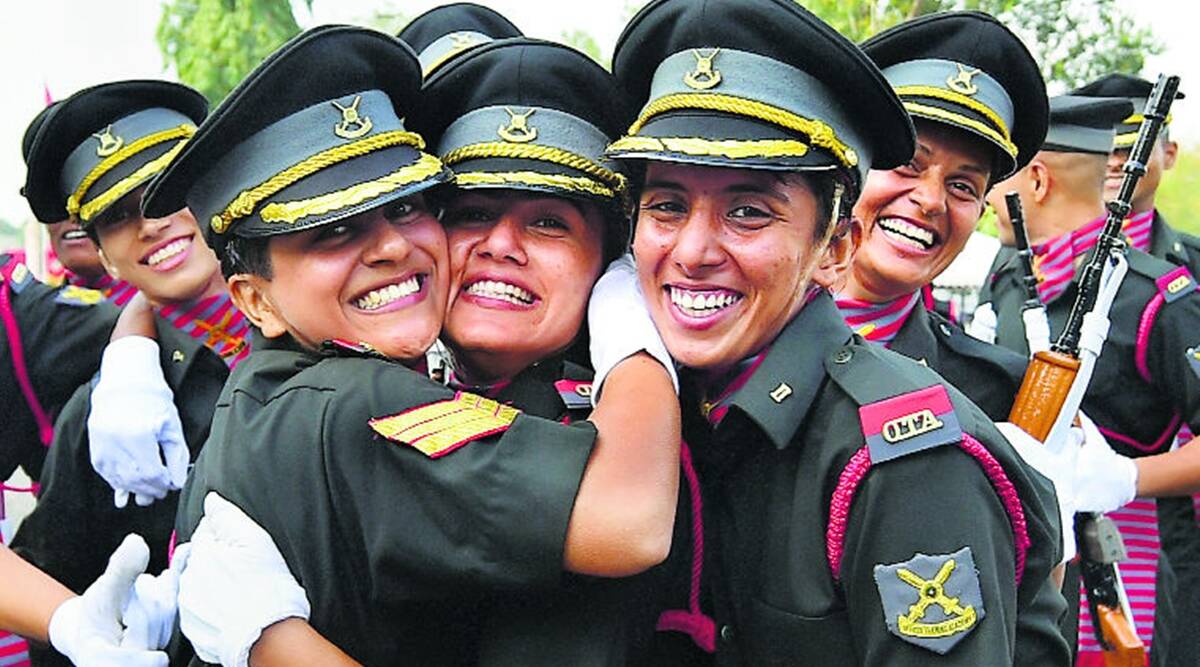108 female officers will be promoted to the rank of Colonel, allowing them for the first time to command Army formations.

The Deccan Era has learned that almost 80 women officers in the Army have been cleared for the rank of Colonel (selection grade), making them eligible to lead units in their respective arms and services for the first time.
Women Officers Special No. 3 Selection Board processes, which began on 9 January at Army headquarters, are now ongoing for promotion from the rank of Lieutenant Colonel to Colonel to bring them on par with their male counterparts.
244 women officers are being assessed for promotion against 108 openings in several arms and services, including Engineers, Signals, Army Air Defence, Intelligence Corps, Army Service Corps, Army Ordnance Corps, and Electrical and Mechanical Engineers, from the batch of 1992 to 2006.
The Army Ordnance Corps and Electrical and Mechanical Engineering have 19 and 21 vacancies, respectively, and 47 women officers are being considered for the rank of Colonel in each of them, according to defence officials quoted by The Indian Express.
According to sources, seven women officers are being considered for promotion to fill three openings in the Army Air Defence and seven women officers are being evaluated for promotion to fill five vacancies in the Intelligence Corps. The Army Service Corps and the Corps of Signals are evaluating 29 and 42 female officers for advancement against 14 and 18 vacancies, respectively.
A top executive expressed gratitude that, despite the delay, the development had finally occurred.
“It is comforting to see that our sheer diligence and perseverance paid off, despite our tardiness. It is a day that many have longed for,” the officer stated.
In a unique occurrence, the promotion board is being held every day for a specific batch, beginning with the batch of 1992, and the results are being announced promptly, according to an Army officer, who added that each officer has three opportunities to be promoted.
“For instance, if an officer from the 1995 batch was not promoted on the first day, she will be evaluated the next day and the day again after with officers from other batches,” the officer explained.
According to sources within the Department of Defense, a total of sixty affected female officers have been asked to serve as observers for the selection board in order to assure fairness and dispel any doubts.
“Upon completion of the selection board, the 108 female officers deemed qualified will be considered for various command positions. According to insiders, the first batch of such postings would be issued by the end of January.
“In an effort to provide women with equal opportunities, the Indian Army has granted Permanent Commission (PC) to women officers on par with their male counterparts,” a source said, adding that with the grant of PC, women officers are preparing to assume challenging leadership roles, similar to their male counterparts with higher ranks and responsibilities.
Currently, all women officers who have been promoted to captain are undergoing specialised training and challenging military assignments to prepare them for higher leadership roles in the Army. Additionally, the promotion of women officers in junior batches has begun; they are considered for promotion in their tenth year of service.
Five female officers recently passed, for the first time, the coveted Defence Services Staff Course (DSSC) and Defence Services Technical Staff Course (DSTSC) tests, held yearly in September. They will complete a one-year training that will be considered when command postings are made.
Women remain ineligible for pure combat arms such as Infantry, Mechanized Infantry, and Armoured Corps, but the Army has lately agreed to let women into the Corps of Artillery, a combat support arm. Currently, the idea is awaiting official approval.
There are already female officers in a variety of aviation units. The Army previously allowed women to join the Corps of Military Police.



